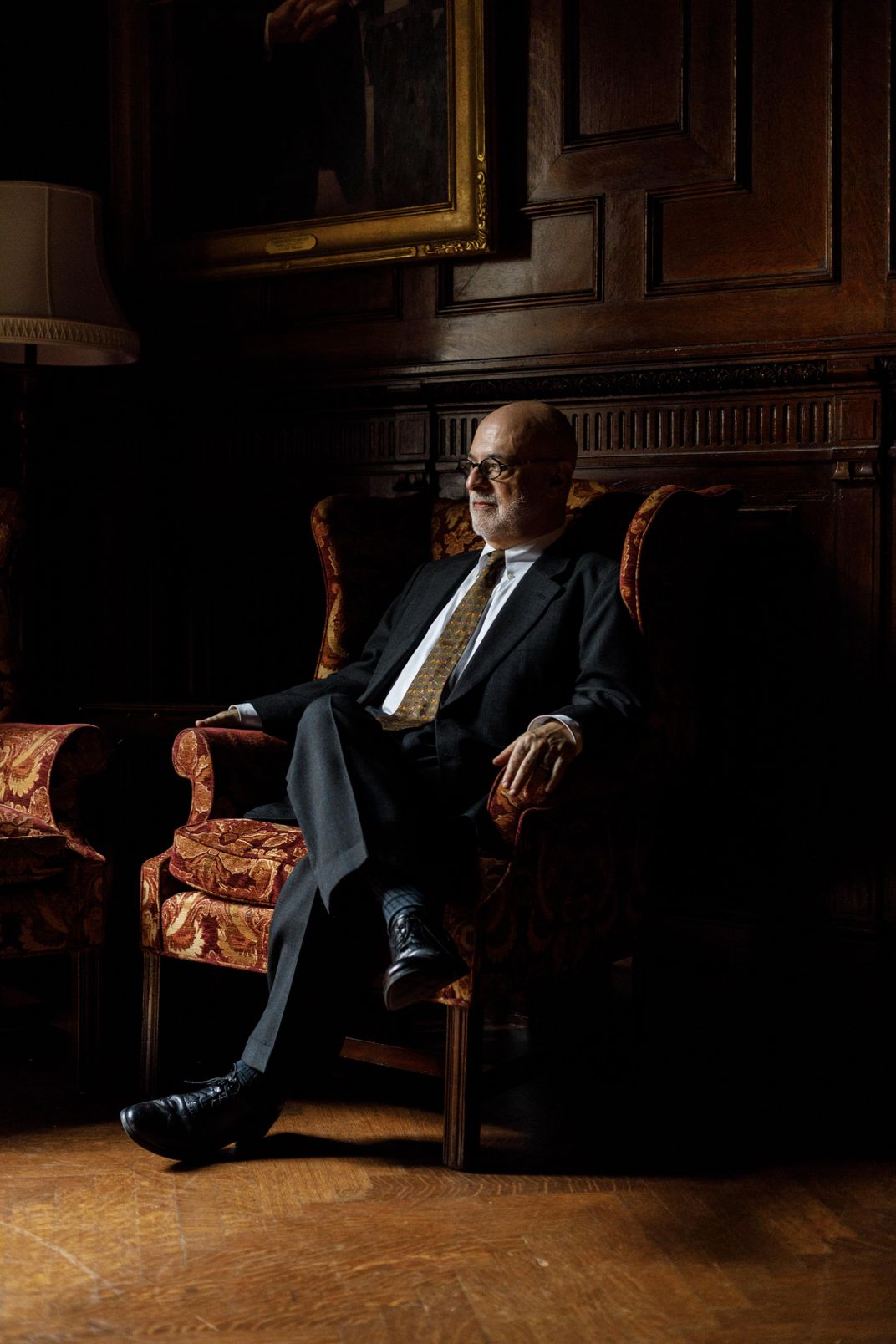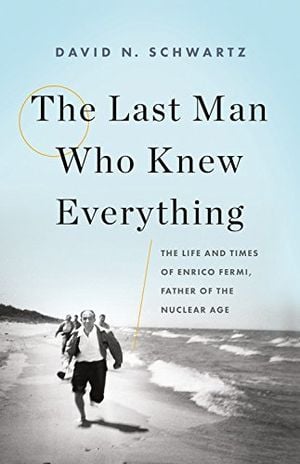Was Enrico Fermi Really the “Father of the Nuclear Age”?
A new book takes a fresh look at the famed scientist
:focal(1324x684:1325x685)/https://tf-cmsv2-smithsonianmag-media.s3.amazonaws.com/filer/a2/7c/a27cdc78-f6d6-41f2-974e-037a23e6450b/enrico_fermi_1943-49.jpg)
Just over 75 years ago, physicist Enrico Fermi conducted a famous nuclear experiment beneath the University of Chicago’s football field on December 2, 1942. The experiment proved that chain reactions occur and could be used to release the energy of the uranium atom in a sustained way. It also cleared the way for the production of plutonium. A new book by David N. Schwartz, The Last Man Who Knew Everything: The Life and Times of Enrico Fermi, Father of the Nuclear Age, examines the scientist whose breakthrough 75 years ago this month changed the world.
As the son of Nobel Prize winning-physicist Melvin Schwartz, what made you want to write a biography of Fermi?
He was always a topic of conversation in my household. In 2013, my mom sent me a batch of papers from my father’s filing cabinet and one of them was an essay that a buddy of his had written about Fermi's years in Chicago. Oh, my heavens! What an amazing character. I said, "I'm going to go and pick up a biography of him." I checked out the library and the last biography of Enrico Fermi was in 1970. The world of physics really owes a huge amount to Fermi in a lot of different ways. So, I said, "Well, why not try writing a new biography that takes all of that into account."
What research did you do for the book?
My wife and I spent a month in Italy in the Fall of 2015 going through the University of Rome archives where Fermi taught for many years. We interviewed six or seven of his living students and colleagues – remarkable people who had amazing memories of their interactions with Fermi. We also went to the National Archives in College Park, Maryland, where I dug through a lot of material. I looked at his FBI file and his security background clearance files.
The Last Man Who Knew Everything: The Life and Times of Enrico Fermi, Father of the Nuclear Age
Based on new archival material and exclusive interviews, The Last Man Who Knew Everything lays bare the enigmatic life of a colossus of twentieth century physics.
Why did he go on to work on nuclear weapons?
When the news came from Germany in January 1939 that the uranium atom had been split, physicists began to worry that a bomb could be made out of this. Then, at the end of the summer of 1939, the German physicist Werner Heisenberg came to visit. Fermi tried to persuade him to defect to the United States because, he said, “If you go back to Germany, you’ll be required to work on a nuclear weapon for the Nazis and that would be terrible.” Heisenberg said, “I owe my patriotic duty to my country. I’m not going to defect to the United States.” That really shook Fermi up and he decided to move ahead, because if the Germans beat the Americans to this, it would be an absolute disaster.
Fermi was in Los Alamos when he overheard that the U.S. dropped atomic bombs on Hiroshima and Nagasaki. How did he react to this news?
There's nothing recorded. His wife's reaction was probably not surprising. She was pleased that the war was over, proud of the role that her husband played, but also very saddened by the destruction and the threat that this kind of weapon would pose for future generations.
What impact did his role in nuclear weapons have on his inner life?
He never spoke about it. Never wrote about it. We don’t know what he thought about it. But after 1951, he never again worked for the government.

Do you think him being known as “the father of the nuclear age” is apropos given his contributions?
If you think the nuclear age began with the first sustained chain reaction, then he is the father of the nuclear age. There's no question about that. Is he the father of nuclear weapons? I think there are a lot of people who bear responsibility for that. J. Robert Oppenheimer, certainly, and Arthur Compton and Ernest Lawrence's contribution to the Manhattan Project [the U.S. government research project that produced the first atomic bombs] is immense. Lawrence invented the main processes for uranium enrichment. The project just simply wouldn't have happened without Oppenheimer. The nuclear age is a broader concept than just simply the nuclear bomb. The nuclear age is, in my view, the moment when man was able to master the process of releasing energy from the nucleus of the atom. Fermi was certainly the father of that.
Why do you say Fermi was “the last man who knew everything”?
He contributed to virtually every field of physics, from quantum physics to particle physics, from condensed matter physics to astrophysics. He even did geophysics! Because physics has since become so specialized, he was really the last man who could see all of physics as an integrated whole.
What was he like?
Fermi had an incredibly sunny personality and a great sense of humor. People who knew him fell in love with him. After he died, colleagues created an audio record called “To Fermi With Love.” You just don’t see that with other scientists.
A Note to our Readers
Smithsonian magazine participates in affiliate link advertising programs. If you purchase an item through these links, we receive a commission.
